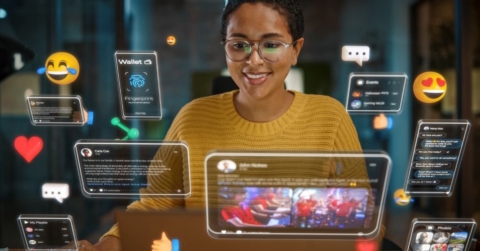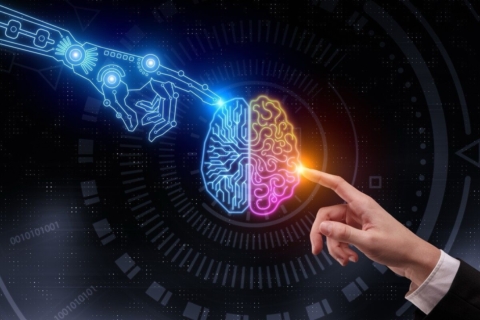In an era where technology is reshaping industries at lightning speed, the relationship between management and artificial intelligence (AI) has emerged as a transformative force. While management remains rooted in the art of decision-making, leadership, and strategy, AI provides the tools to enhance efficiency, predict outcomes, and innovate processes. Together, they form a synergy that’s not only reshaping workplaces but also redefining what’s possible in the realm of business and beyond.
Management is as much about intuition as it is about logic. Managers make decisions based on data but often rely on experience and gut feelings to navigate complex scenarios. AI, on the other hand, thrives on data-driven logic. It can analyze vast amounts of information in seconds, identifying patterns and trends that the human mind might overlook. When combined, this duo becomes unstoppable: managers can lean on AI for insights and use their intuition to apply these findings in creative, impactful ways.
For instance, consider a retail manager. AI tools can analyze customer purchasing habits, forecast inventory needs, and predict future trends. But it’s the manager who decides how to use this data to enhance the customer experience, design marketing campaigns, or even revamp the store layout. This partnership allows businesses to operate with precision while retaining a human touch.

One of AI’s biggest contributions to management lies in streamlining operations. From automating routine tasks to optimizing supply chains, AI takes the mundane out of management, allowing leaders to focus on strategic goals. Imagine an HR manager who no longer spends hours screening resumes because an AI-powered system has already identified the best candidates. Or a logistics manager who uses AI to predict delays and reroute shipments in real time. By automating the repetitive, AI frees up managers to concentrate on innovation and leadership.
Building a Collaborative Workforce
As AI becomes an integral part of the workplace, managers also play a critical role in fostering collaboration between human employees and AI systems. This isn’t about replacing humans but about augmenting their capabilities.
For example, in customer service, AI chatbots handle routine queries, leaving human agents to tackle more complex issues that require empathy and creativity. Managers must ensure that their teams see AI as an ally rather than a threat, emphasizing upskilling and creating a culture of adaptability.
Challenges and Opportunities
Of course, integrating AI into management isn’t without challenges. Data privacy, ethical concerns, and the potential for bias in AI algorithms are all hurdles that need addressing. Managers must stay vigilant, ensuring that AI tools are used responsibly and inclusively. At the same time, the opportunities far outweigh the challenges. AI opens doors to innovations that were once unimaginable, from personalized customer experiences to smarter, more sustainable business practices.
At its core, management is about people. It’s about inspiring teams, building relationships, and driving a shared vision.
While AI can’t replicate these human qualities, it can support them. By handling data and automating processes, AI gives managers the time and tools they need to focus on what truly matters: leading with empathy and purpose.
Conclusion
The partnership between management and AI is like a well-rehearsed dance, with each complementing the other’s strengths. AI brings speed, accuracy, and innovation, while management provides the human touch, creativity, and strategic oversight. Together, they are not just shaping the future of work but also proving that technology and humanity can thrive hand in hand. As we move forward, the challenge for managers will be to embrace AI not as a replacement but as a partner, one that makes their role more impactful, more insightful, and ultimately, more human.







